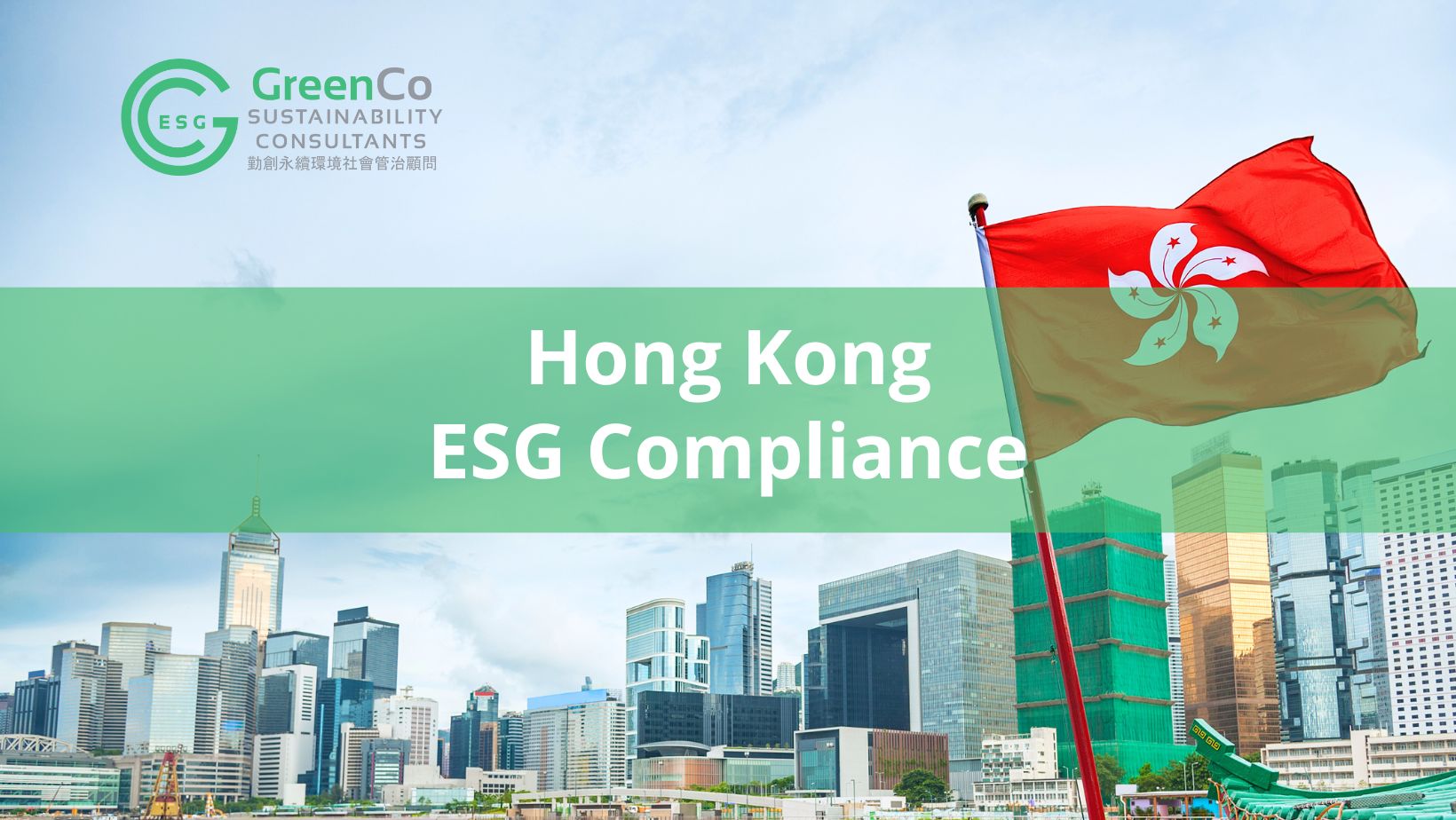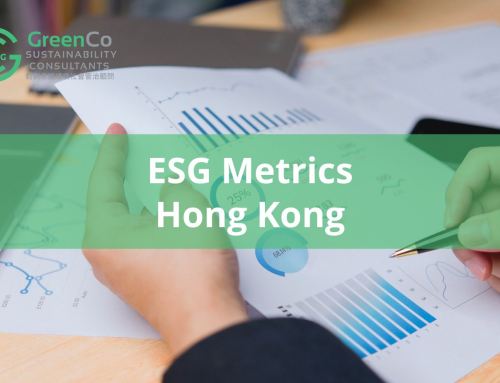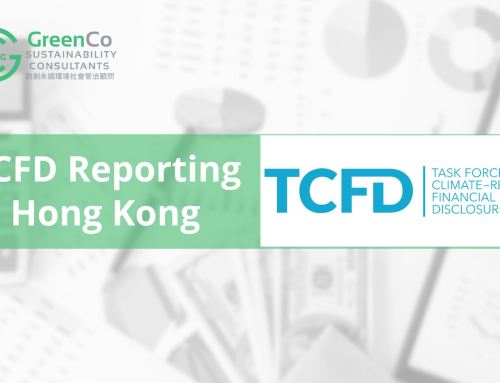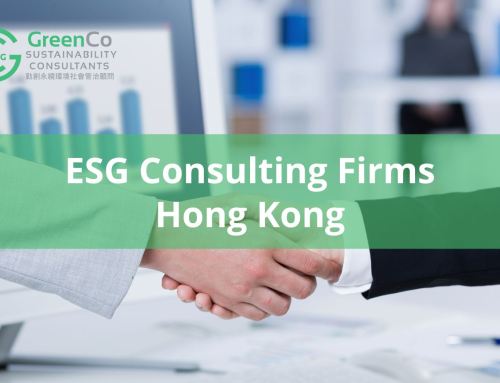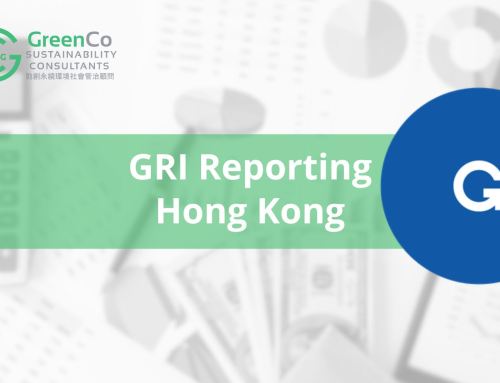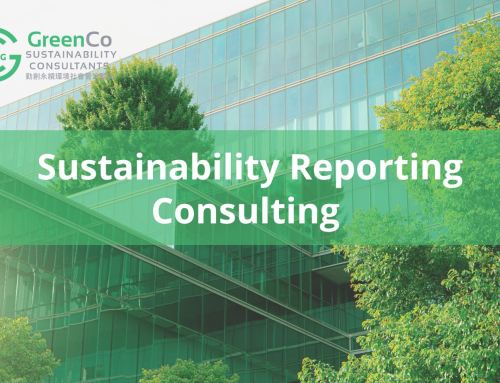The Regulatory Framework for ESG Compliance in Hong Kong
Hong Kong’s regulatory environment has evolved significantly, making ESG compliance a mandatory requirement for companies, particularly those listed on the Hong Kong Stock Exchange (HKEX). The HKEX has mandated ESG reporting for all listed companies, requiring them to publish annual ESG reports aligned with their financial reporting cycles. These reports must disclose a wide range of sustainability metrics, including environmental performance, carbon emissions, labour practices, and anti-corruption measures.
The urgency for ESG compliance has been further amplified by new regulations. Effective from 1 January 2025, the HKEX ESG Reporting Code will require enhanced climate-related disclosures in ESG reports. These disclosures, aligned with the IFRS S2 Climate-related Disclosures standard, will focus on four key pillars: Governance, Strategy, Risk Management, and Metrics & Targets. Companies will need to demonstrate how their boards oversee climate-related issues, outline strategies to mitigate climate risks, and provide measurable metrics such as greenhouse gas emissions alongside clear reduction targets.
Key Components of ESG Compliance in Hong Kong
To meet the growing demands of ESG compliance, companies in Hong Kong must focus on several key areas:
- ESG Reporting: Companies must prepare ESG reports that comply with the HKEX ESG Code. These reports should include detailed disclosures on environmental, social, and governance metrics, such as energy use, waste management, employee welfare, and anti-corruption measures.
- Climate-Related Disclosures: Under the new HKEX ESG Reporting Code, companies must provide enhanced climate-related disclosures aligned with the IFRS S2 standard. This includes detailing governance oversight of climate issues, climate strategies, risk management processes, and measurable metrics such as greenhouse gas emissions.
- GHG Emissions Accounting: Accurate measurement of greenhouse gas (GHG) emissions is essential for ESG reporting. Companies must account for Scope 1, Scope 2, and Scope 3 emissions according to the GHG Protocol. This involves measuring emissions from direct operations, purchased energy, and value-chain activities.
- Stakeholder Engagement: Companies must engage with internal and external stakeholders to identify material ESG issues. This ensures that ESG reports focus on the topics most relevant to the business and its stakeholders, such as carbon emissions, employee welfare, or supply chain management.
- Data Management & Assurance: To streamline ESG reporting, companies should implement robust data collection and management systems. External assurance services can also enhance the credibility of ESG disclosures by verifying data in accordance with standards such as ISAE 3000.
The Importance of Global Standards in ESG Compliance
In addition to the HKEX ESG Code, international companies are expected to align with international standards such as the Global Reporting Initiative (GRI) Standards and IFRS S2. These frameworks provide globally recognized benchmarks for sustainability reporting and help companies meet the expectations of international investors and regulators.
For example, the GRI Standards are widely adopted by companies worldwide, with over 78% of G250 companies using them for sustainability reporting. Similarly, the IFRS S2 standard enhances climate-related disclosure requirements by necessitating more detailed quantitative information on how future climate scenarios may impact companies.
As ESG compliance becomes increasingly important in Hong Kong, companies must take proactive steps to meet regulatory requirements. By developing robust ESG reporting frameworks, engaging with stakeholders, and aligning with global standards, companies can ensure compliance with the HKEX ESG Code and other regulatory obligations.
The clock is ticking for Hong Kong companies to prepare for the upcoming HKEX New Climate Requirements. Now is the time to turn ESG ambitions into action. By focusing on compliance and leveraging expert guidance, companies can navigate the complexities of sustainability requirements and build resilience in a rapidly evolving market.

